You might know what stress feels like, but do you know how stress actually works? Take these 12 questions and put your stress knowledge to the test!
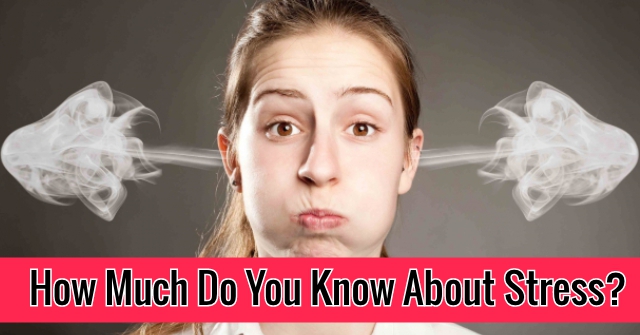
Question 1/12

wikimedia.org
According to the CDC, what percentage of all illnesses and disease is stress-related?
25 percent
65 percent
90 percent
Question 2/12

ytimg.com
What happens in the mouth and throat during times of stress?
Your saliva disappears making swallowing difficult
Your brain produces a flavor to calm the body
You feel tight and itchy
Question 3/12

pixabay.com
Stress can cause alopecia areata. What part of the body does this disorder affect?
The skin
The hair
the heart
Question 4/12
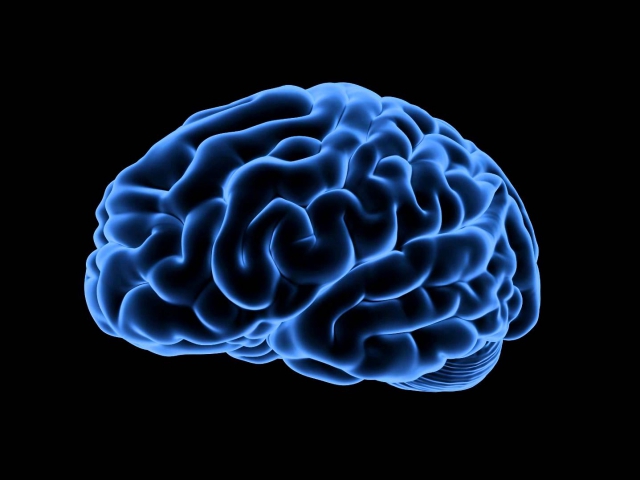
ytimg.com
Long-term exposure to the stress hormone cortisol has been linked to shrinking in what part of the brain?
Hippocampus
Temporal lobe
Frontal lobe
Question 5/12

pixabay.com
Why do neurotransmitters suppress areas in the brain concerned with short-term memory, concentration and inhibition during a stressful event?
So that you don't have a memory of the experience
To enable you to react quickly to the stressor
So that you won't feel pain in the event of injury
Question 6/12
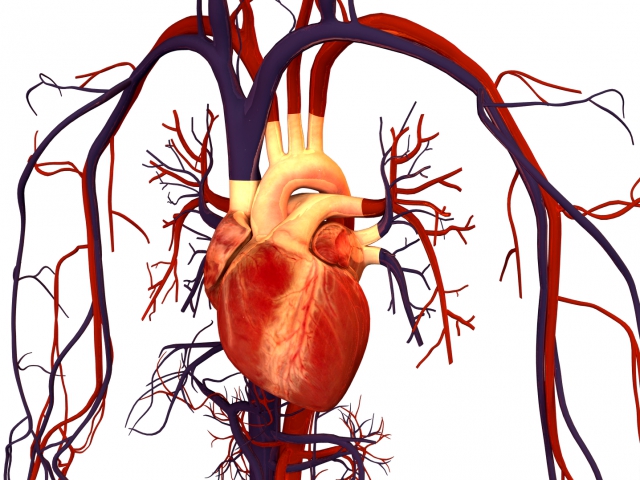
wikimedia.org
What is the circulatory system's response to stress?
Blood flow decreases
Blood flow increases slightly
Blood flow increases by 400 percent
Question 7/12

pixabay.com
Which vitamin has been shown to reduce stress levels?
B
C
D
Question 8/12

freestockphotos.biz
The first step of eliminating stress is:
Exercising
Identifying stressors
Reaching out for help
Question 9/12

pixabay.com
Which of the following lifestyle choices are NOT beneficial for the brain and reducing stress levels?
Getting 4-5 hours of sleep
Drinking too much water
Being physically active 5 days a week
Question 10/12
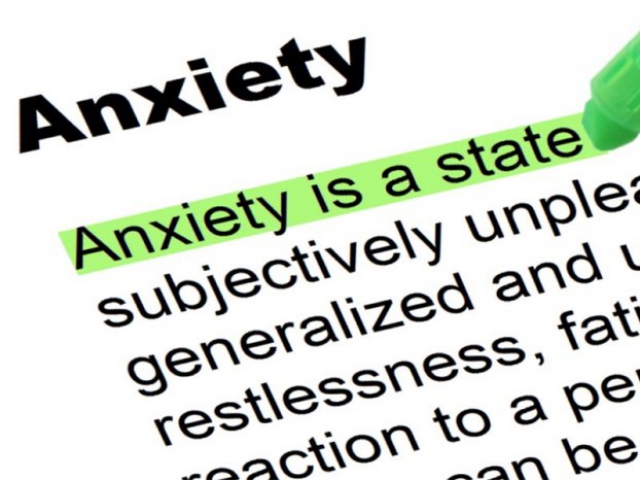
thebluediamondgallery.com
What percentage of all prescriptions written in America each year are anti-anxiety medications?
25 percent
75 percent
90 percent
Question 11/12
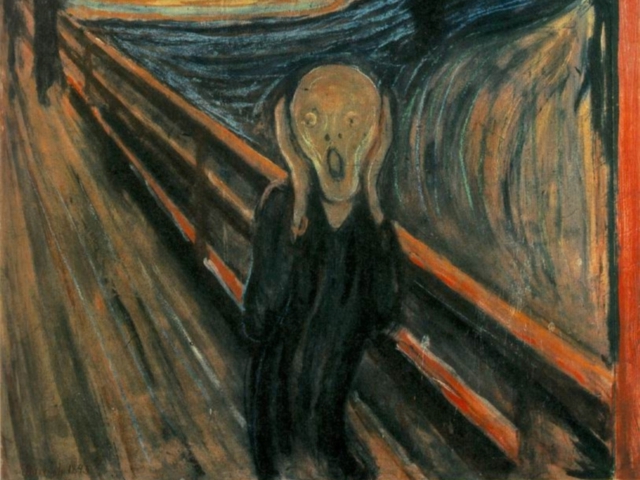
wikimedia.org
Which of the following illnesses goes hand in hand with stress?
Schizophrenia
Dyslexia
Depression
Question 12/12

publicdomainpictures.net
Short term stress may prevent which of the following illnesses?
Migraine
Alzheimers
Epilepsy
Based on the results of this quiz, you've got some serious stress strength! While you might not know the ins and outs of stress the way a true insider might, you've got an aptitude for stress that is hard to ignore. Well done!
C+, Stress Strength

pixabay.com
Right!
Based on the results of this quiz, you're stress superior! You've got a strong knowledge on all things stress related. From the causes of stress to the intricacies of what makes stress what it is, you're a wealth of knowledge.
B+, Stress Superior

staticflickr.com
Right!
You're truly stress super! You've clearly spent some time studying stress and figuring out exactly what makes it what it is. We commend you for knowing stress the way only most mental health professionals know stress.
A+, Stress Super

staticflickr.com
Right!
1

According to the CDC, what percentage of all illnesses and disease is stress-related?
25 percent
65 percent
90 percent
2

What happens in the mouth and throat during times of stress?
Your saliva disappears making swallowing difficult
Your brain produces a flavor to calm the body
You feel tight and itchy
3

Stress can cause alopecia areata. What part of the body does this disorder affect?
The skin
The hair
the heart
4

Long-term exposure to the stress hormone cortisol has been linked to shrinking in what part of the brain?
Hippocampus
Temporal lobe
Frontal lobe
5

Why do neurotransmitters suppress areas in the brain concerned with short-term memory, concentration and inhibition during a stressful event?
So that you don't have a memory of the experience
To enable you to react quickly to the stressor
So that you won't feel pain in the event of injury
6

What is the circulatory system's response to stress?
Blood flow decreases
Blood flow increases slightly
Blood flow increases by 400 percent
7

Which vitamin has been shown to reduce stress levels?
B
C
D
8

The first step of eliminating stress is:
Exercising
Identifying stressors
Reaching out for help
9

Which of the following lifestyle choices are NOT beneficial for the brain and reducing stress levels?
Getting 4-5 hours of sleep
Drinking too much water
Being physically active 5 days a week
10

What percentage of all prescriptions written in America each year are anti-anxiety medications?
25 percent
75 percent
90 percent
11

Which of the following illnesses goes hand in hand with stress?
Schizophrenia
Dyslexia
Depression
12

Short term stress may prevent which of the following illnesses?
Migraine
Alzheimers
Epilepsy





